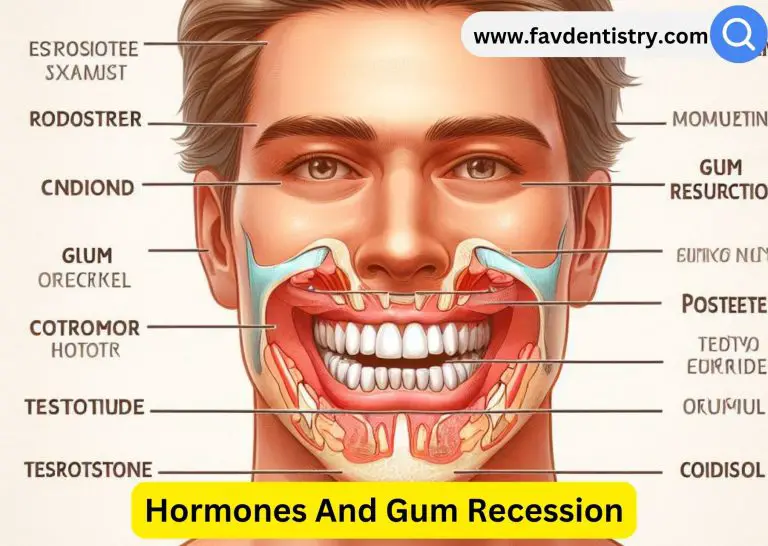Incisal Papilla Swollen : Causes and Treatment Explained
Last Updated on 5 months by DR. ALBIN SIPES
The incisal papilla may become swollen due to various factors, such as trauma or inflammation. Swelling of the incisal papilla can be caused by injury or irritation, leading to discomfort and difficulty in eating or oral hygiene.
Any swelling should be promptly evaluated by a dentist to determine the underlying cause and appropriate treatment. A swollen incisal papilla can be a source of discomfort and concern for individuals. This small triangular piece of gum tissue plays a significant role in maintaining oral health and aesthetics.
When it becomes swollen, it can cause pain, difficulty in eating, and impair oral hygiene practices. Understanding the causes and symptoms of a swollen incisal papilla is crucial in seeking timely treatment and remedying the underlying issue. We will explore the potential causes of incisal papilla swelling and discuss appropriate management strategies for this condition.
Incisal Papilla Swollen: Common Causes

Incisal papilla swelling is a common condition arising from various causes. Inflammation due to dental procedures such as deep cleanings or restorative work can lead to papilla discomfort. Additionally, oral irritations from sharp foods or utensils can cause swelling and sensitivity in the incisal papilla area. Moreover, conditions such as gingivitis and periodontal disease can contribute to papilla inflammation. Mouth ulcers or canker sores may also lead to papilla swelling. Furthermore, individuals may experience allergic reactions to certain foods or dental products, resulting in swollen incisal papilla. It’s advisable to consult a dentist to identify the specific cause and determine an appropriate course of action.
Identifying Oral Health Issues
Swollen incisal papilla may indicate underlying oral health issues that require attention. Recognizing symptoms of swollen incisal papilla such as redness, tenderness, and inflammation is crucial in identifying the problem. It’s important to understand how to distinguish between papilla swelling and other dental issues, such as gum disease or oral infections, as the treatment and management of these conditions differ. Consulting a dental professional at the earliest signs of papilla swelling is essential to address the underlying cause and prevent further complications.
Treatment Options For Swollen Incisal Papilla
Swollen incisal papilla can be quite uncomfortable and may indicate an underlying oral health issue. There are various treatment options to alleviate the symptoms. Home remedies can help reduce inflammation and pain, such as using a saltwater rinse or applying a cold compress. Professional dental treatments, including scaling and root planing, may be necessary for severe cases. It’s important to practice preventative measures to avoid recurrence, such as maintaining a balanced diet and avoiding tobacco products. Additionally, maintaining oral hygiene is crucial in preventing and managing swollen incisal papilla, which includes regular brushing, flossing, and dental check-ups.
Managing Discomfort And Healing
When dealing with a swollen incisal papilla, it is important to find relief and promote healing. Soft diet recommendations can help minimize discomfort and prevent further irritation. Over-the-counter medication and mouthwashes can provide temporary relief and assist in reducing inflammation. Additionally, exploring natural remedies such as saline rinses or aloe vera gel may offer effective, soothing benefits. While these approaches can offer relief, it is important to consult a healthcare professional for persistent or severe discomfort. By utilizing a combination of soft diet, over-the-counter options, and natural remedies, individuals can work toward managing discomfort and promoting healing for a swollen incisal papilla.
Long-term Papilla Health Strategies
Long-term papilla health requires regular dental checkups and cleanings to monitor and address any issues with the incisal papilla. Establishing best practices for brushing and flossing is crucial in preventing and managing papilla swelling. Additionally, maintaining a balanced diet can support overall oral health and promote healing. These strategies can help in preventing and managing incisal papilla swelling, contributing to long-term oral health.

Credit: www.redalyc.org
Conclusion
In summation, addressing a swollen incisal papilla requires prompt dental attention for relief. A professional examination and treatment plan are essential for optimal oral health. Ensuring proper oral hygiene and staying mindful of potential causes can aid in preventing future discomfort.
A proactive approach to oral health is key to maintaining a healthy and pain-free smile.



